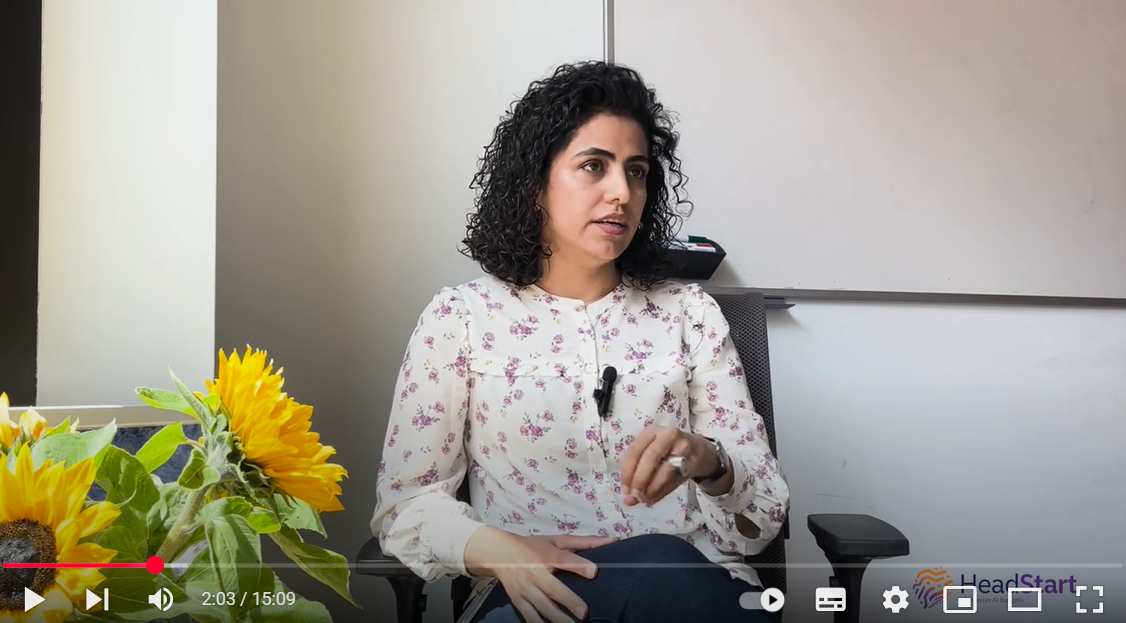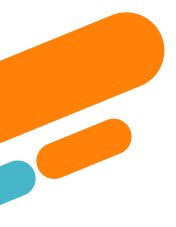
Nina Hinani, a PhD student at the University of Luxembourg, shares her unconventional academic journey from English literature and linguistics to computer science, specifically focusing on AI and machine learning applications in clinical neurodegenerative disease research. She works on handwriting analysis for Alzheimer’s detection, emphasizing how AI tools contribute to healthcare. Despite coming from a non-technical background, Nina highlights the challenges she faced adapting to computer science, particularly programming and continuous learning in a rapidly evolving field. She discusses gender imbalances and subtle biases encountered as a woman in AI research and stresses the importance of building a supportive network of mentors and peers, often found through volunteering and professional communities. Nina also reflects on the absence of formal training for essential skills such as time management and problem-solving, which she learned through experience. Her core advice is to maintain motivation, embrace lifelong learning, trust oneself, and openly communicate to navigate challenges in academia and AI.
Highlights
- 🤖 Transitioned from English literature to AI-driven neurodegenerative disease research.
- 🧠 Uses machine learning to analyze handwriting for Alzheimer’s diagnosis and prediction.
- 💻 Faced steep learning curves in programming and computer science without formal background.
- 👩🔬 Experienced gender bias and underrepresentation as a woman in AI research.
- 🤝 Built mentorship and community support networks through volunteering and online platforms.
- ⏳ Learned crucial skills like time management and problem-solving on the job, not in classes.
- 💡 Advocates for continuous learning, self-trust, and open communication to overcome obstacles.
Key Insights
- 🤖 Interdisciplinary Shift Enables Innovative Research: Nina’s journey from humanities to computer science illustrates how interdisciplinary backgrounds can enrich AI research, particularly in healthcare. Her linguistics and literature foundation likely fostered unique perspectives on language and handwriting, enabling innovative applications of AI in diagnosing neurodegenerative diseases. This highlights the value of diverse academic paths in advancing complex scientific domains.
- 🧠 AI as a Powerful Tool in Clinical Diagnostics: The use of machine learning to analyze patients’ handwriting for Alzheimer’s detection reflects a growing trend of AI integration in medical diagnostics. Nina’s work exemplifies how AI can handle complex, subtle data patterns that traditional methods may overlook, offering earlier and potentially more accurate disease detection. This underscores AI’s transformative potential in improving patient outcomes in neurodegenerative diseases.
- 💻 Steep Learning Curve for Non-Technical Entrants: Transitioning into AI from non-technical fields is challenging due to the need for programming skills and computational thinking. Nina’s experience—spending long hours catching up on coding—reveals the importance of accessible foundational training in programming for aspiring AI researchers. It also suggests universities should better support students with diverse backgrounds to level the playing field.
- 👩🔬 Gender Bias and Underrepresentation Persist in AI: Nina’s anecdotes about gender-related microaggressions and exclusionary attitudes highlight ongoing issues of gender imbalance in AI research. Despite her qualifications and contributions, she sometimes felt undervalued or sidelined, reflecting systemic biases that women in STEM continue to face. Recognizing and addressing such biases is crucial for creating inclusive research environments.
- 🤝 Community and Mentorship Are Critical for Success: Nina’s proactive efforts to join professional communities through volunteering and social media platforms like LinkedIn and Twitter helped her find mentors and peers who provided guidance and moral support. This demonstrates the vital role networking plays in career development, especially for underrepresented groups. Encouraging participation in supportive communities can help reduce isolation and boost confidence.
- ⏳ Practical Skills Like Time Management Are Often Overlooked: Nina points out that skills essential for research success—such as managing deadlines, problem-solving, and balancing workload—are rarely formally taught but learned through experience, sometimes under stressful conditions. Incorporating training for these “soft” skills into academic programs could better prepare students for the realities of research work and reduce burnout.
- 💡 Continuous Learning and Self-Belief Are Keys to Progress: The rapid evolution of AI models and techniques means researchers must be lifelong learners, constantly updating skills and knowledge. Nina emphasizes resilience and self-trust to overcome self-doubt and impostor syndrome, common in fast-changing, competitive fields. Her advice to avoid comparing oneself to others and to embrace one’s unique path offers valuable guidance for emerging AI professionals.



